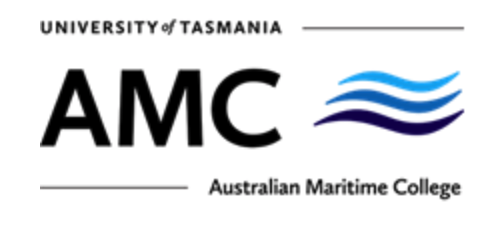With global supply chains evolving and expanding constantly, the understanding of how to develop and implement sustainable, effective, and efficient logistics and supply chain management strategies is key to the success of businesses in many industries. The Master of Global Logistics and Supply Chain Management is designed for people who seek professional careers in logistics and supply chain management that are in high demand globally in different industries.
This degree will prepare you with the knowledge of theories, concepts, principles and practice in logistics and supply chain management to make informed decisions in a real-world global context. It also develops graduates’ skills such as business analytics and optimisation to develop solutions for a range of complex issues faced by businesses and enhance their logistics and supply chain performance.
The two-year master course is a nested program that includes entry and exist awards for the Graduate Certificate in Global Logistics and Supply Chain Management, and the Graduate Diploma of Global Logistics and Supply Chain Management. The pathway courses provide you with the flexibility and choice to match you employment prospects and career/learning progression with your personal goals and circumstances.
Course Objectives:
The Masters of Global Logistics and Supply Chain Management prepares students seeking entry into the industry in management positions, either having completed previous study or work experience in a related field or not.
Through completion of theoretical and practical explorations into key focus areas including business analytics, commercial ship management, International Trade, finance and logistics, the course prepares graduates with high-level expertise in operational management. The dissertation component allows you to put theory into practice with the application of continuity, sustainability and compliance frameworks, among others, into an assessment of a real-world company’s management practices. The development of your strategic communication, academic writing and research ethics competencies are geared for application in maritime industries globally.
Learning Outcomes:
- 1 Design and implement logistics and supply chain processes to improve business outcomes.
- 2 Critically evaluate logistics and supply chain solutions to complex problems in a global business environment
- 3 Conduct a research or industry-based project to advance the knowledge and practices of global logistics and supply chain management.
- 4 Manage communications across organisational teams, customers and business partners to support business outcomes in local and global contexts.
Practical Experience:
In your final year of your Master’s, you’ll act as a strategic policy advisor to a real-world company in JNB728 Industry Research Project. Working under the guidance and supervision of research academic staff, you’ll undertake knowledge management-based assessment of an enterprise of your choosing. Your findings will inform your competency to undertake rigorous and independent research, and discuss the managerial implications relevant to the maritime, transport, logistics and related fields.
We maintain close links with prospective employers and industry associations to ensure you can access opportunities that support your career development. We will connect you with professionals from the maritime and logistics industries through various events such as guest speakers and industry forum. The Maritime & Logistics Management Industry Forum has provided a medium for students to speak with senior managers from Tasmanian and interstate companies such as TasPorts, Agility Logistics, Toll Group, Australian National Lines (ANL), Oldendorff Carriers and Patrick Stevedore. In addition to networking with industry professionals, attending events will also enable you to learn about the scope of employment prospects available to those who graduate with AMC’s Bachelor of Global Logistics and Maritime Management.
Work Placement:
The University of Tasmania is integrated into all areas of industry locally, nationally and internationally be it through research or work placement programs. Talk to your course coordinator about finding an opportunity to take part in work experience, placement, or extracurricular activities during your degree.
Location:
Course Contact:
Ask us about courses, scholarships, applications, or anything else that’s on your mind. So that we can respond, please save [email protected] in your email contact list. You can also contact our friendly team directly at [email protected] or 13 8827 (13 UTAS). If you’re an international student, please use our international enquiry form. Or click this link: https://www.utas.edu.au/enquire?seedData=p7e-master-of-global-logistics-and-supply-chain-management


